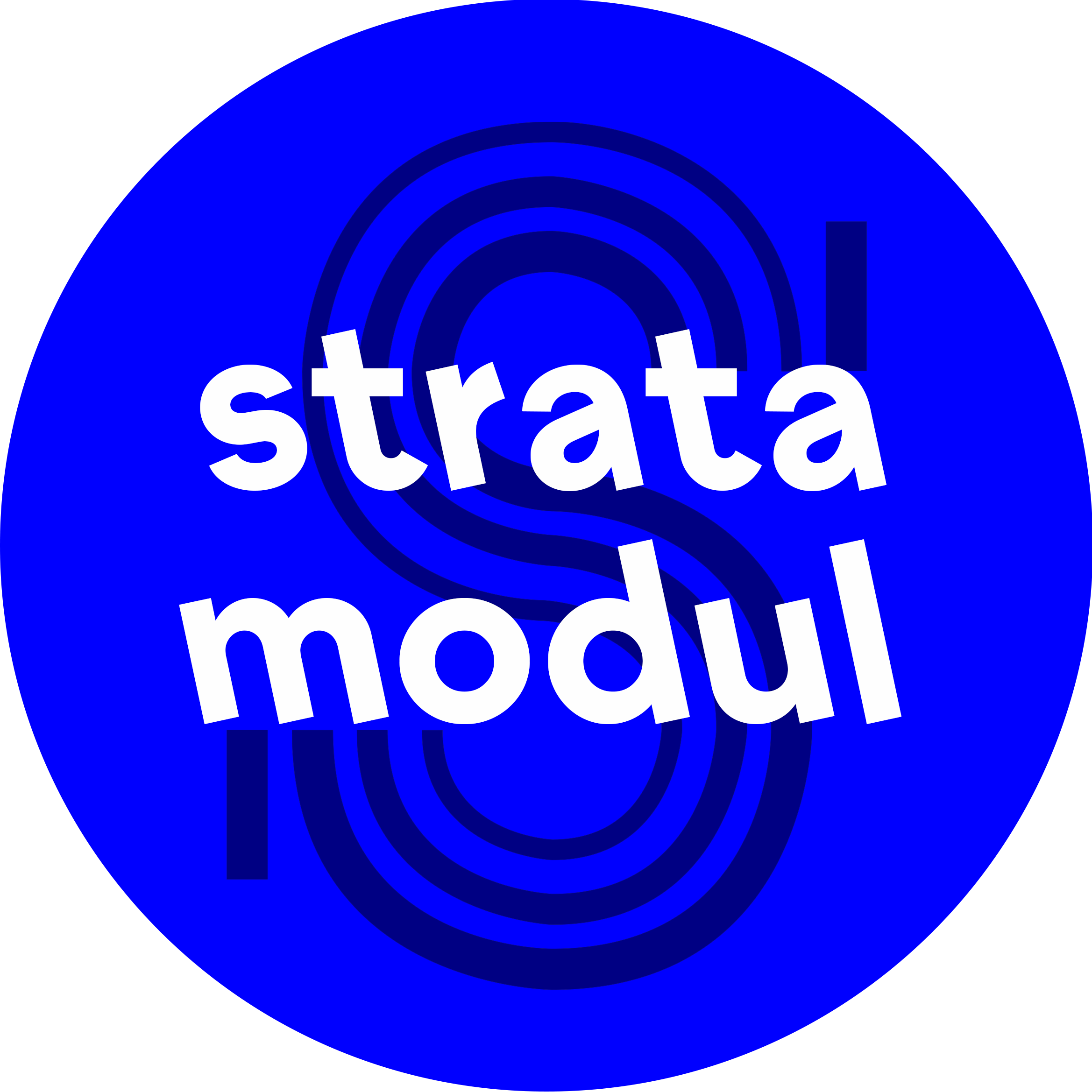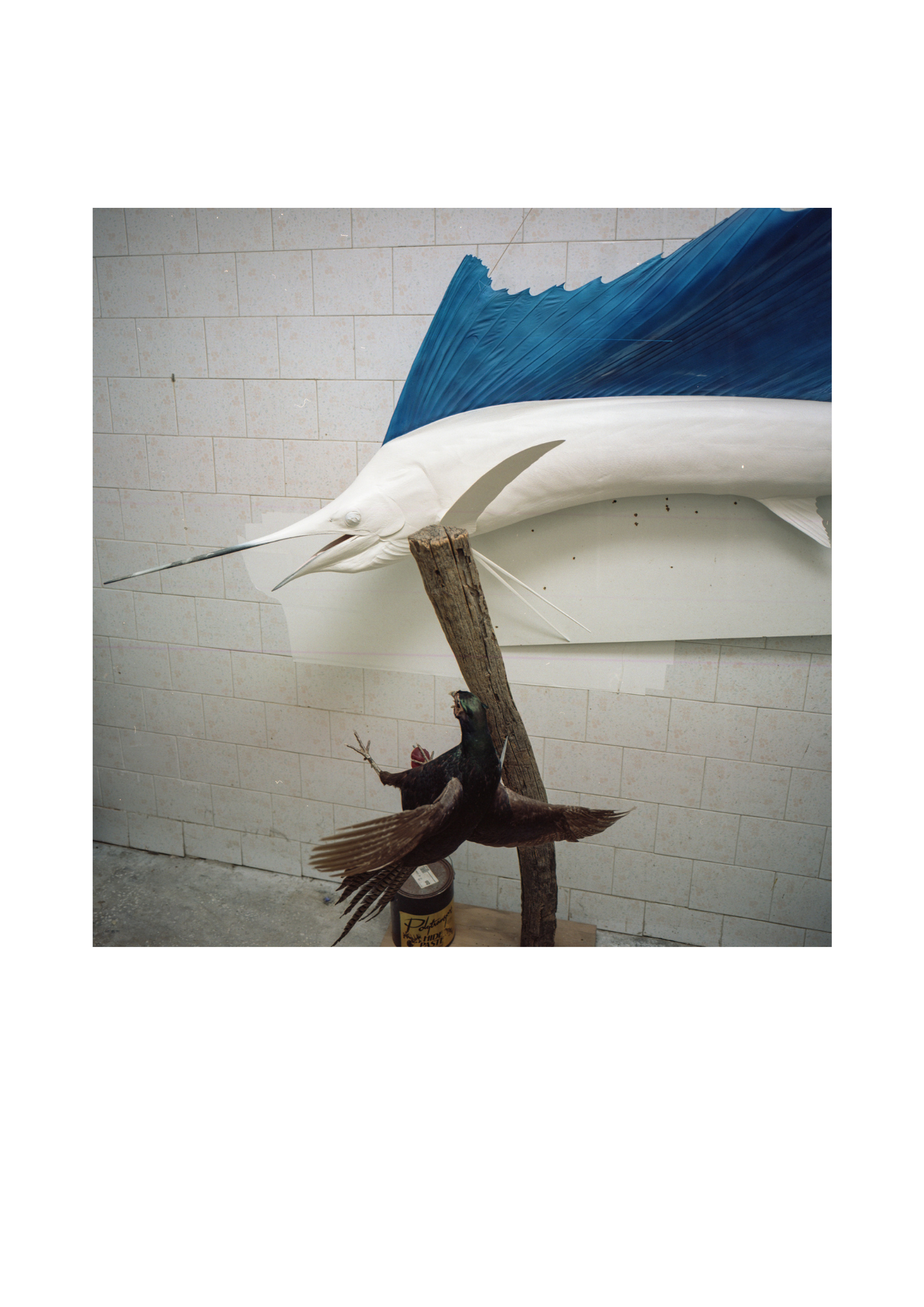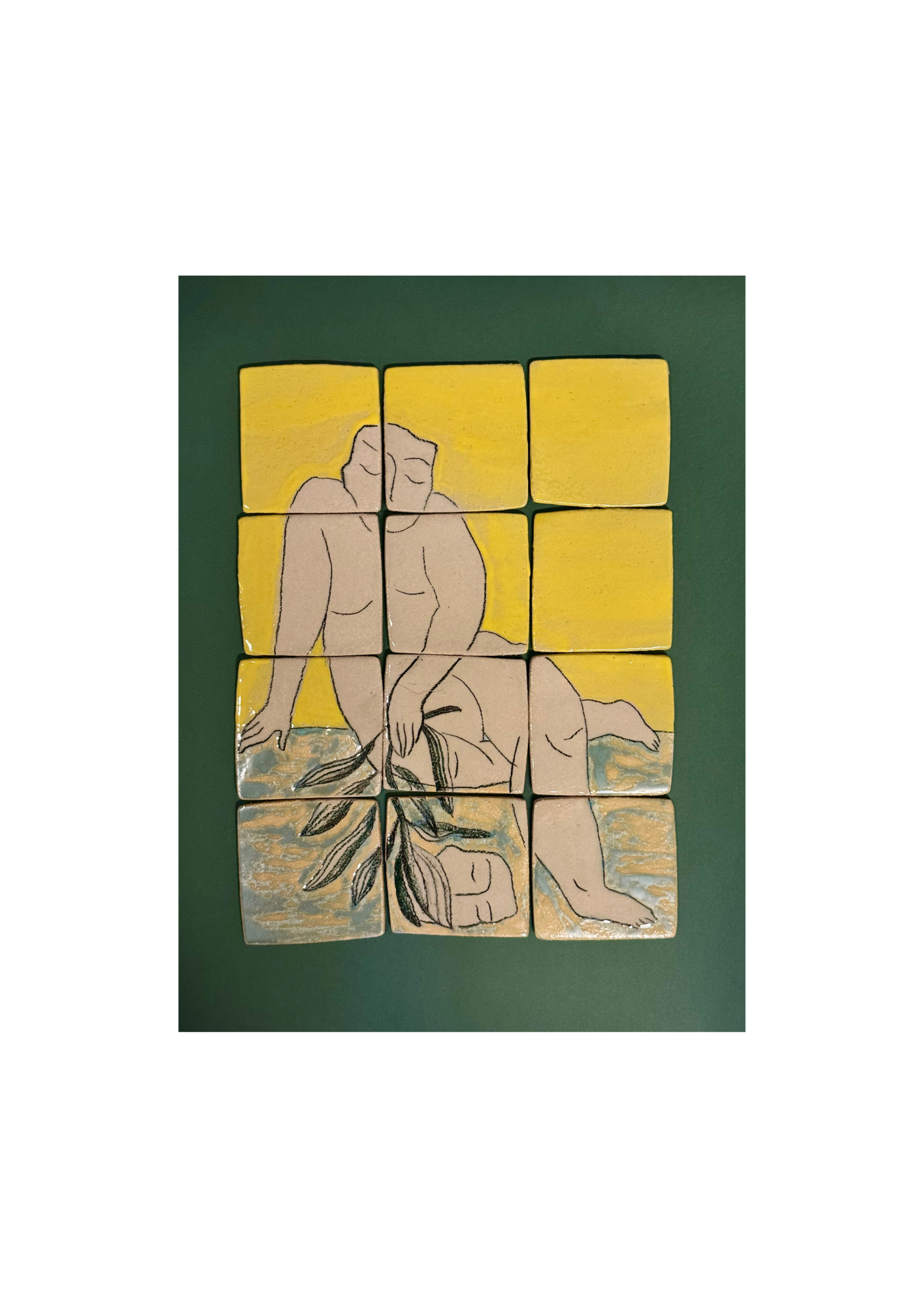I Still Wonder
Aurora Mititelu Lucian Bran Tudor Ciurescu Christian Jankowski Ileana Pășcălău Lucia Holaskova Marta Lopes SantosStrata Is Fair
Andrei Argeșeanu, Daniel Roșca, Diana Vasilescu, Lorena Cocioni, Lucian Hrisav, Mara Schlecht, Raluca Mărgescu, Răzvan Năstase, Sorin Vidis, Ștefan Constantinescufail better
Part of o series of events supporting the exhibition "I Still Wonder", Fail Better feels like a private affair.
We invite you to an evening of conversation around process, transformation and the spaces where things don’t go as planned.
Meet Christian jankowski and Aurora Mititelu in a conversation moderated by Cristina Vasilescu at the Fail Better ♡ Artist Talk | 7 PM.
artists
Christian Jankowski, Aurora Mititelumoderator
Cristina Vasilesculocation
Strata Modul | 7PM19/12
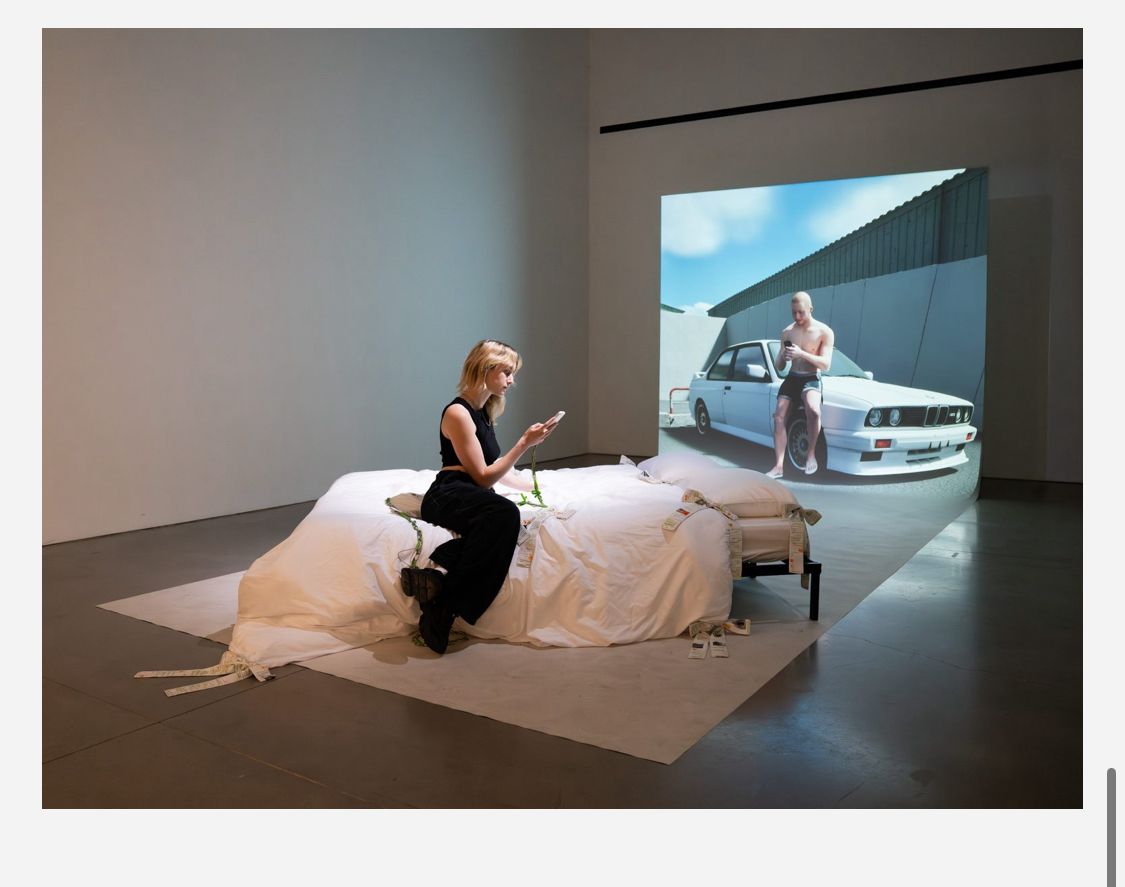
↳ Where do we stand?
We stand at the intersection of art, science, and technology, partnering with artists, scientists, technologists, designers, developers, and activists worldwide to explore critical questions shaping our future. Our mission centers on the transformative potential of contemporary art and new media, examining how they reshape our understanding of connection, collaboration, and creativity.
↳ Who do we stand with?
With humans at the heart of our vision, we explore how digitalization affects every facet of our lives, asking what technology means for our collective existence and how it can serve a future that upholds values like freedom, dignity, and human rights.
↳ What do we research?
We shed light on current developments in our digital society and speculate about their manifestations in the future. We never ask what technology can, or will be able to do, but always wonder what it should do for us. We’re not adapting to technology; instead, we aim to shape its development to align with human needs and values.
Therefore, our artistic research always focuses on ourselves, our needs, our desires, our feelings.
We’re not excited about technology, we’re excited about what we can do with it.
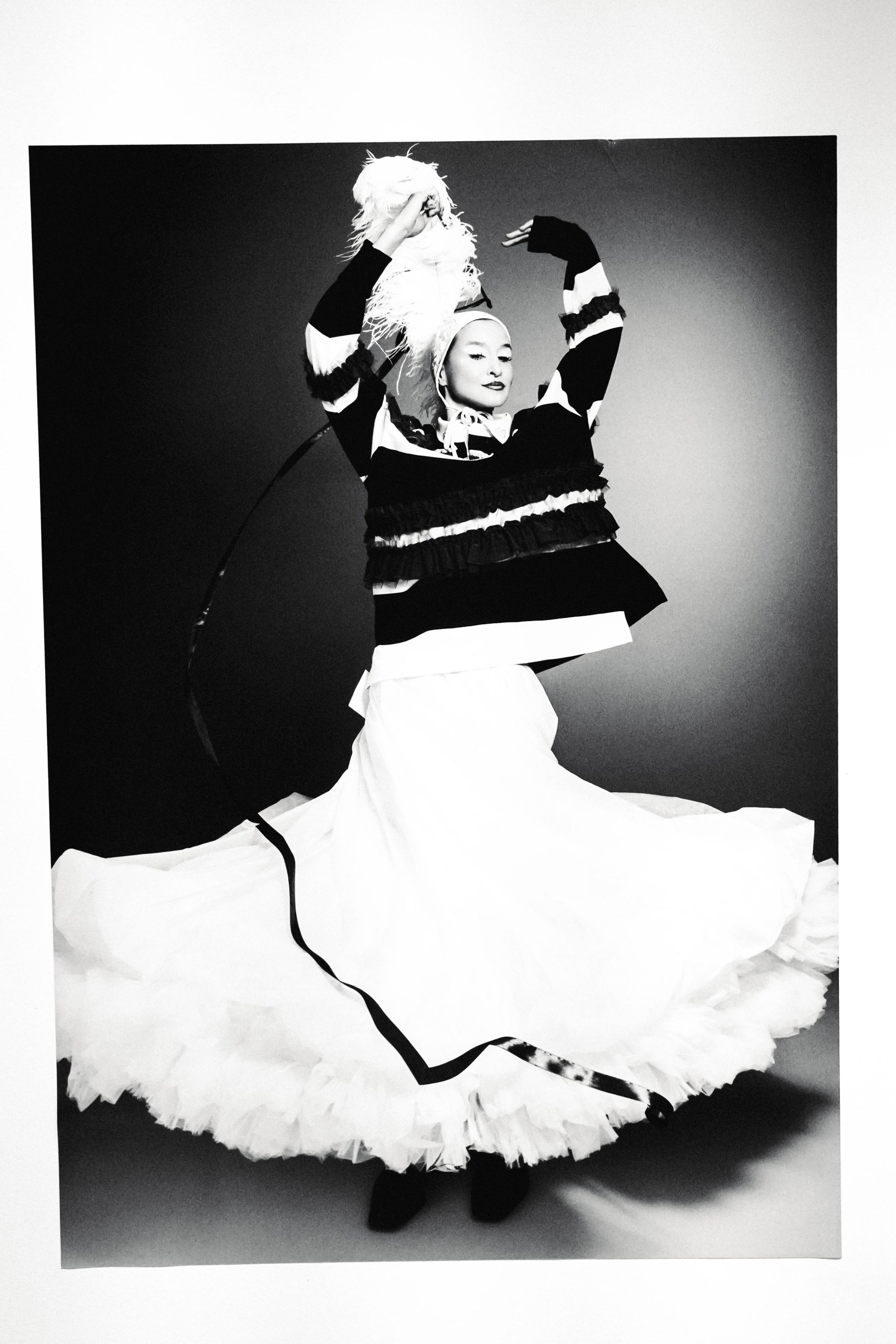
Technology is culture, and culture shapes technology.
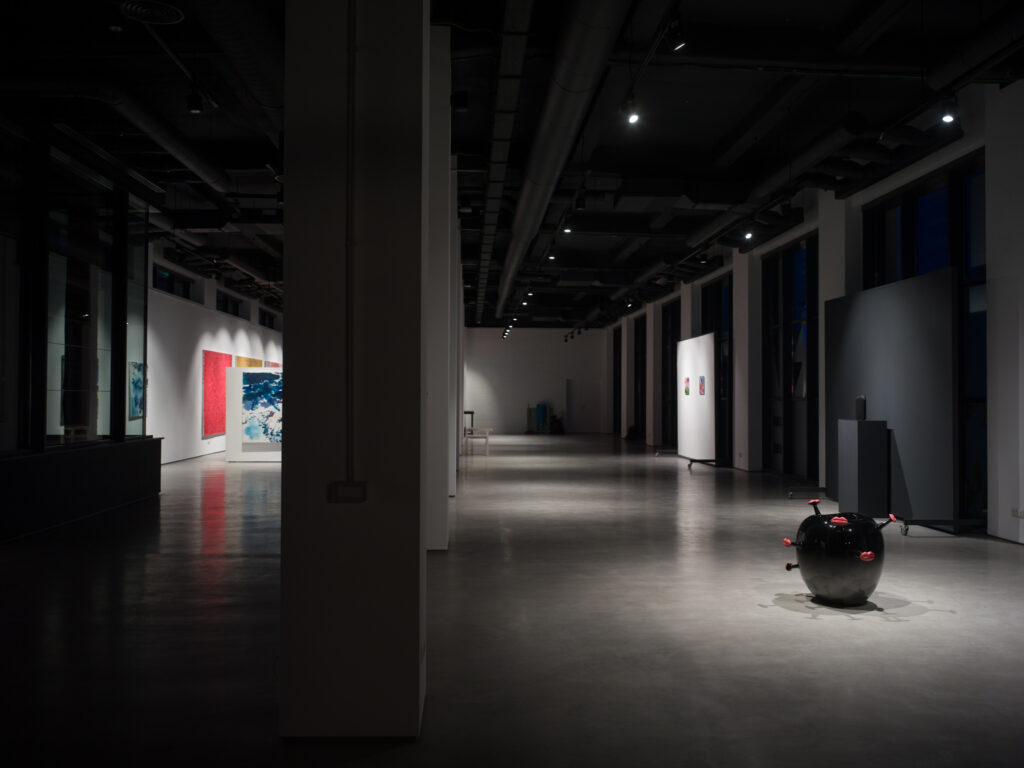
↳ What do we stand for?
We stand for digital humanism. With Machine Learning and Co, we are initiating the transition from automation to autonomy today. The digital becomes independent for the first time. On the threshold of this new era, we must set the course for our digital society to remain committed to fundamental values such as human dignity, freedom, democracy, equality, the rule of law and human rights. Together with artists, scientists, developers, designers, entrepreneurs and activists from all over the world, we want to contribute to such a digital humanism.
↳ What do we do?
Everything revolves around groundbreaking ideas and grand visions, unusual prototypes and innovative collaborations, inspiring art and groundbreaking research, extraordinary performances and irritating interventions, touching sounds and rousing concerts.
